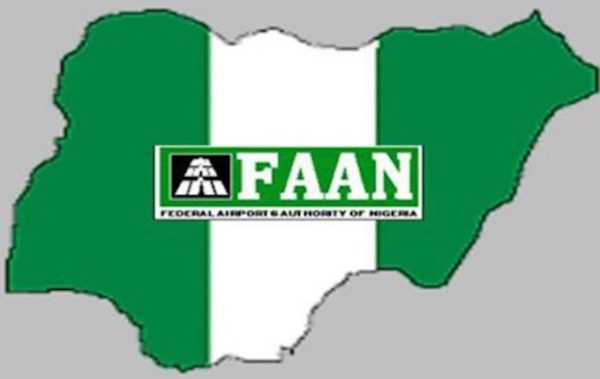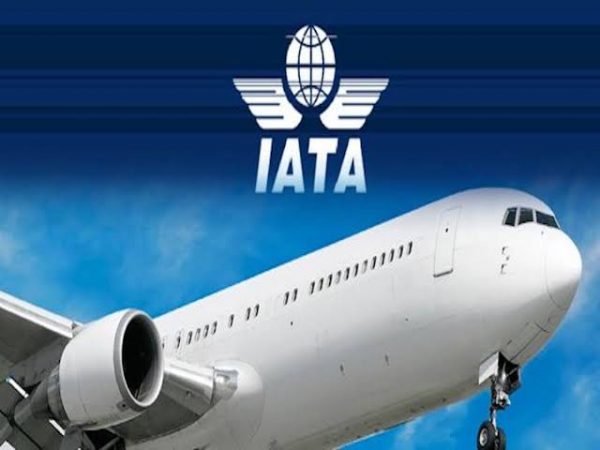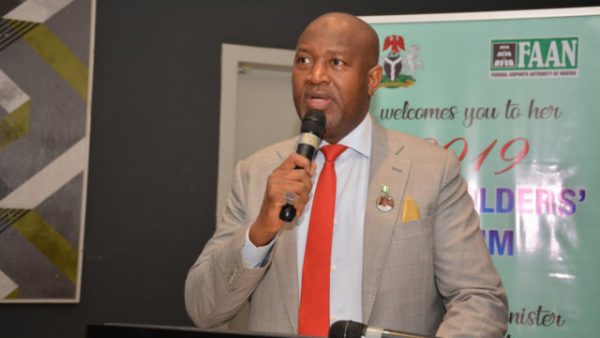West Africa Now Hub For Stolen Vehicles – Customs

The Nigeria Customs Service has stated that West Africa has emerged as a notable destination hub in the global stolen vehicles trade network.
The service added that the network extends from Europe and North America to as far as South America and Australia.
The Comptroller-General of Customs, Adewale Adeniyi, disclosed this on Tuesday in Lagos while displaying some seized vehicles to journalists.
He added that in the last few months, the service has intensified its tracking operations against vehicle trafficking syndicates operating within the borders.
“According to INTERPOL reports, West Africa has emerged as a notable destination hub in the global stolen vehicle trade network, which extends from Europe and North America as far as South America and Australia,” he said.
Adeniyi lamented that the challenge is more in Nigeria adding that data from the National Bureau of Statistics shows that between 2013-2015, only 54 per cent of stolen vehicles were recovered, “highlighting the scale and sophistication of this criminal enterprise.”
He stated that in a bid to address this challenge, the service initiated Operation Hot Wheels which is a targeted enforcement initiative aimed at disrupting the flow of stolen vehicles into Nigeria through the ports and borders.
Adeniyi stressed that the platform was launched as a collaborative effort between the NCS, the Economic and Financial Crimes Commission, and Canadian authorities, “the operation focused on intelligence sharing, coordinated surveillance, and strategic interdiction.”
According to him, the growing incidence of stolen vehicles finding their way into the region has become a matter of serious concern, as it not only undermines the region’s legitimate automotive market but also strains the security infrastructure.
He reiterated that recent intelligence from international law enforcement agencies further confirms that, “our region has become a preferred destination for internationally stolen vehicles, a trend that not only tarnishes Nigeria’s international image but also impacts our economy through substantial revenue losses and increased security spending.”
Giving details of the seizures, Adeniyi explained that a recent intelligence-led operation at Area II Command, Onne Port, led to the interception of a 40ft container with registration number, MRSU-5028706 that was declared to contain used vehicles and auto spare parts.
Adeniyi, however, lamented that a physical examination of the container revealed three undeclared 2021 Toyota Highlander vehicles, “two in Navy Blue and one in Red color.”
He emphasised that through collaboration with Operation Screen West Africa and Interpol, “two of these vehicles were confirmed to have been stolen from Canada.”
The CGC pointed out that the Federal Operations Unit Zone A also demonstrated exceptional vigilance with strategic interdictions at various locations in Lagos.
“The interception includes, one Mercedes-Benz G550 with Range Rover Sport valued at N506m, intercepted along Trinity Axis in Lagos, one Mercedes-AMG GT with Lamborghini Huracan valued at N630m, one Rolls Royce intercepted at Victoria Island, valued at N231m,”
“Others include, one Lamborghini 2019 Model recovered at Victoria Island, valued at N239m, two Range Rovers (2023 & 2018 models) intercepted along Lekki, valued at N267m,” the CGC stated.
The customs boss mentioned that at the Tincan Island Command, the service, through intelligence, intercepted three 2021 models of Toyota Highlander.
He stated that the various recoveries highlighted both the sophistication of transnational vehicle theft syndicates and their evolving concealment methods.
“The criminals now employ various tactics, including false declarations and use of containerized shipments, attempting to circumvent our detection systems,” he narrated.
Adeniyi reiterated that the operation exposed how stolen vehicles are being smuggled through the ports using legitimate cargo as cover.
He maintained that the success of these operations stems from an enhanced risk management system and strengthened collaboration with international partners.
Adeniyi stressed that working closely with Operation Screen West Africa, Interpol, and other international agencies, the service has significantly improved their capacity to identify and intercept stolen vehicles.
“The interface between our systems and international databases has proven crucial in establishing the status of suspicious vehicles and enabling swift intervention,” he said.
He warned that the economic implications of this criminal enterprise are far-reaching and deeply concerning.
According to him, beyond damaging legitimate automotive trade sector and international business relationships, it undermines President Tinubu’s economic reform agenda that aims to position Nigeria as a trusted hub for international commerce.
He lamented that the service is forced to divert substantial resources towards enhanced border management and rigorous verification processes – resources that should ideally be channeled toward trade facilitation initiatives and economic growth programs.
“This criminal activity not only strains our operational capacity but also threatens the government’s efforts to attract foreign investment and establish Nigeria as a reliable partner in global trade,” he said.








